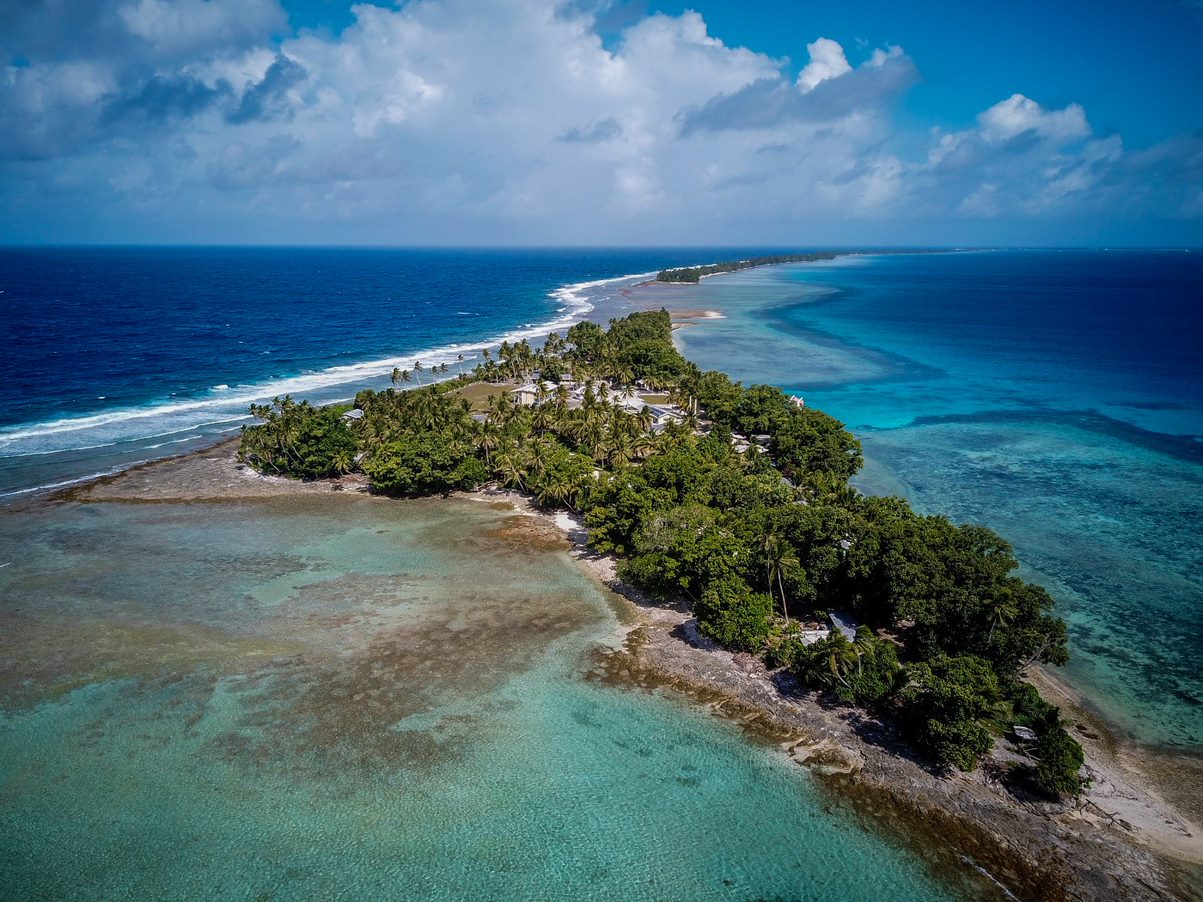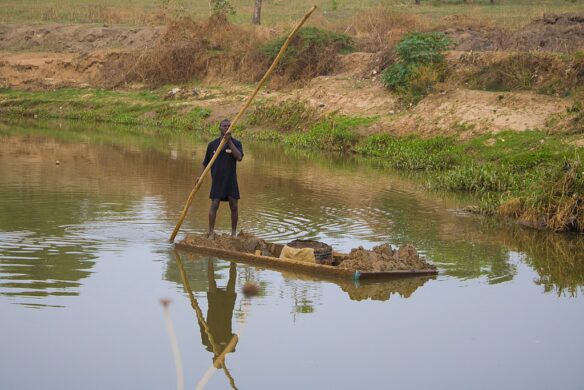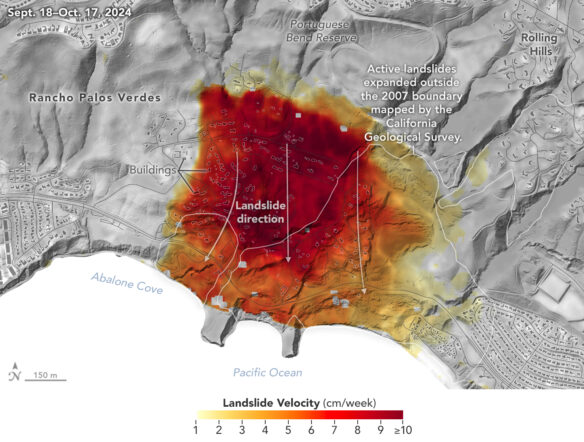Excerpt:
Low-lying Tuvalu has reached a deal with its large Pacific neighbor to address the challenge of rising oceans, but it is not planning to pack up and go.
The Pacific island nation of Tuvalu once comprised 11 islands. It is now down to nine flecks of land totaling less than 10 square miles, which, like their lost siblings before them, risk gradually being eaten away by the rising tides of the world’s warming oceans.
For decades, Tuvalu’s leaders have warned about the effects of the world’s emissions on this tiny place. “It’s a matter of disappearing from the surface of this earth,” Kausea Natano, the prime minister, said in September on the sidelines of the United Nations General Assembly.
And so when Mr. Natano and Prime Minister Anthony Albanese of Australia announced a bipartisan agreement this week between their nations that would help Tuvalu mitigate the effects of climate change, many anticipated a wholesale offer of climate-based asylum for Tuvalu’s approximately 11,200 citizens.
At least in the short term, the truth is rather less dramatic.
The treaty, announced at the Pacific Islands Forum in the Cook Islands on Friday, recognizes that “climate change is Tuvalu’s greatest national security concern.” But it will permit no more than 280 residents to migrate from Tuvalu to Australia each year, under an existing visa type for residents of the Pacific.
Mr. Natano said that limit had been imposed to avoid brain drain: skilled citizens fleeing their home nation for wealthier or otherwise more appealing shores.
Speaking at a news conference on the island of Aitutaki, Mr. Albanese framed the agreement as an opportunity for the people of Tuvalu “to live, study and work elsewhere, as climate change impacts worsen.” Left unsaid was the fact that, at the rate of 280 people annually, it would take around 40 years for all of Tuvalu’s citizens to relocate to Australia.
For now, the Tuvaluan leader does not appear to be looking for an immediate new home for his people. Instead, the agreement, which Mr. Albanese said had been proposed by Mr. Natano, stresses “the desire of Tuvalu’s people to continue to live in their territory where possible, and Tuvalu’s deep, ancestral connections to land and sea..”









